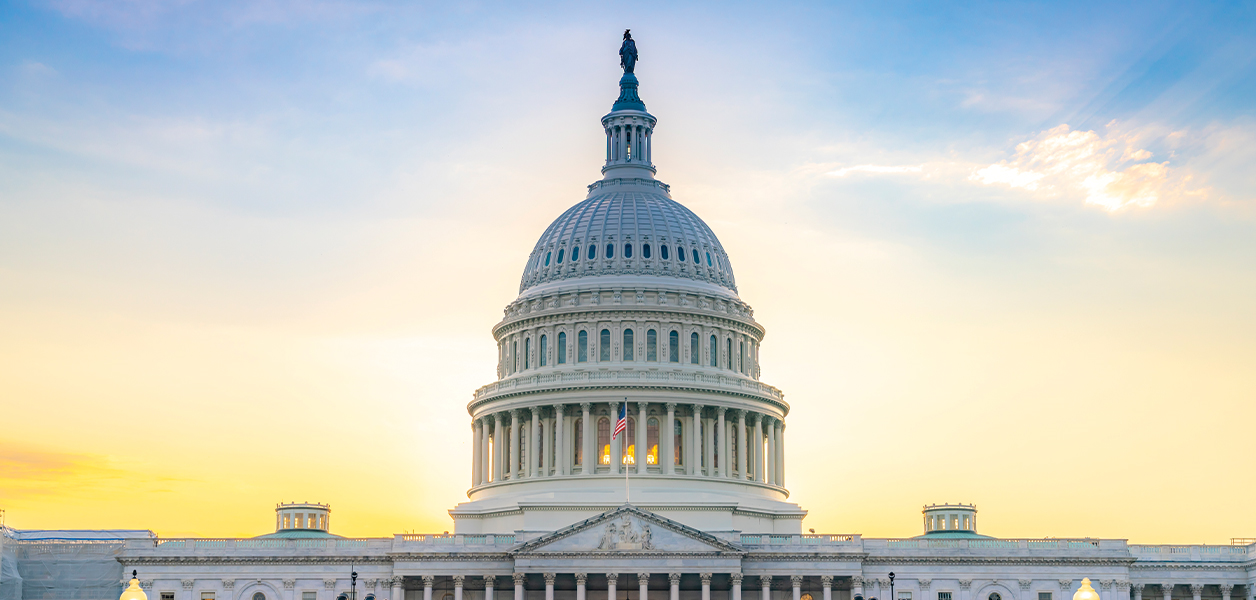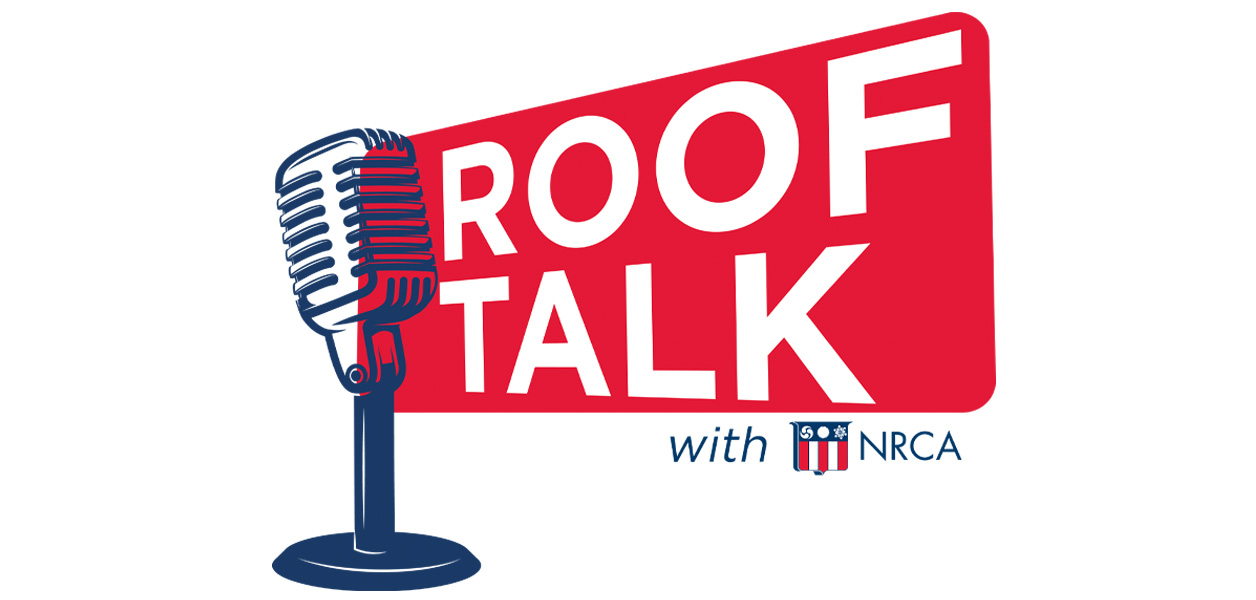Federal government reopens
Late yesterday, the House gave final approval to—and President Trump signed into law—a funding package that officially reopened the federal government after a 43-day shutdown, which was the longest lapse in U.S. history.
The package includes three spending bills that would fund the Department of Agriculture and the U.S. Food & Drug Administration, the Department of Veterans Affairs and military construction projects, and all legislative branch operations through the current fiscal year (ending Sept. 30, 2026). All other agencies are funded at current levels through Jan. 30 before another funding extension is required or an agreement is reached on the remaining nine appropriations bills that fund the government in its entirety. This clarity is vital as it will allow NRCA to ramp up advocacy efforts to increase annual funding for Perkins Career and Technical Education State Grants, which is critical to ensuring more students obtain the training needed to close the skills gap in the roofing workforce.
Other aspects of the deal brokered between Democrats and Republicans include a guarantee that federal employees laid off during the shutdown are rehired and gives federal employees back pay. It also prevents some future firings with a blanket prohibition on reductions in force in any federal agency through at least Jan. 30. Finally, it ensures there will be a vote before mid-December regarding legislation to extend the enhanced Affordable Care Act subsidies currently scheduled to expire at the end of the year.
Republican senators release labor reform proposals
On Nov. 10, Sen. Bill Cassidy (R-La.), chairman of the Senate Committee on Health, Education, Labor & Pensions, and several other Republicans released a series of bills to reform federal labor laws. Cassidy said in a statement: “Congress has not updated labor laws for nearly 100 years, yet the economy and the way we work have changed. We have a responsibility to bring stability to businesses, unions, and workers to make our nation competitive in a 21st century economy.” The bills in the package are as follows:
- Union Members Right to Know Act (S. 3114): Amends the Labor-Management Reporting and Disclosure Act to require labor organizations to disclose union workers’ rights and give workers authority over how their dues are spent
- National Labor Relations Board Stability Act (S. 3115): Amends the National Labor Relations Act to align the board’s decisions with federal appellate precedent
- Fairness in Filing Act (S. 3116): Amends the NLRA to restrict unfair labor charges filed frivolously or not in good faith
- Worker RESULTS Act (S. 3117): Amends the NLRA to modify the rules regarding labor organizing elections, including requiring secret ballot elections, limiting the use of unfair labor practices and setting a two-thirds quorum for representation elections, among other reforms
- Protection of the Picket Line Act (S. 3124): Amends the NLRA to clarify when employers can discipline workers for misconduct during protests and protects employees from harassment and abuse
The release of this package of proposed legislation comes after the committee recently held two hearings to review the need for labor law reform. According to Cassidy, the bills are intended to bring stability to businesses, unions and workers through reform of federal labor laws based on a consensus approach. It is unclear whether the bills will eventually get support from any Senate Democrats, which is important because bipartisan support is needed to ultimately pass the Senate. NRCA will be reviewing this package of bills and consulting with members to evaluate the potential effects on the roofing industry.
IRS provides penalty relief related to tax provisions
On Nov. 5, the Department of the Treasury and IRS issued Notice 2025-62, Relief from Certain Penalties Related to Information Reporting Required in Connection with No Tax on Tips and Overtime. This official guidance provides transition penalty relief to employers for tax year 2025 regarding new information reporting requirements for qualified overtime compensation and cash tips under the recently enacted One Big Beautiful Bill Act. Under the new law, employees may qualify for the opportunity to deduct up to $12,500 ($25,000 if filing a joint return) of annual overtime compensation. The penalty relief is being provided in recognition that employers and other payors may not currently have all the necessary information to be reported under the new requirements or the procedures for tracking the information in place. NRCA will continue to keep members informed regarding tax provisions of interest to the roofing industry.
Rep. Van Duyne engages locally with NRCA members
On Nov. 7, NRCA members KPost Company, Dallas, and National Roofing Partners, Coppell, Texas, and other construction employers met with Rep. Beth Van Duyne (R-Texas) in Dallas to discuss key issues of importance to the roofing industry. Participants thanked the congresswoman, a member of the House Ways & Means Committee, for her leadership regarding many of NRCA’s tax policy priorities approved by Congress in July. The discussion also focused on the need for immigration reform to stabilize the roofing industry’s workforce. This included advocating for the Dignity Act of 2025 (H.R. 4393), bipartisan legislation to strengthen border security, expand resources for workforce training, provide permanent legal status for qualifying long-term undocumented workers and implement other reforms to the woefully outdated immigration system. NRCA appreciates the opportunity for Dallas-area members to meet with Van Duyne locally to discuss critical issues important to the roofing industry.





